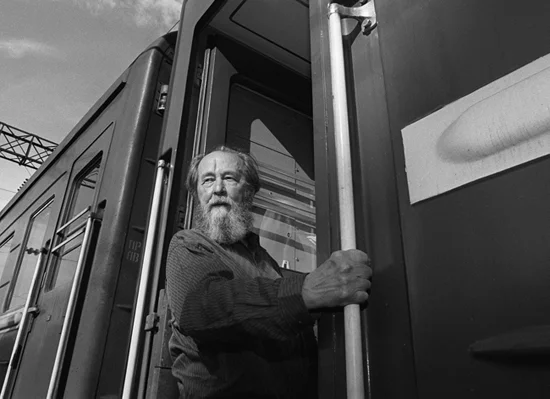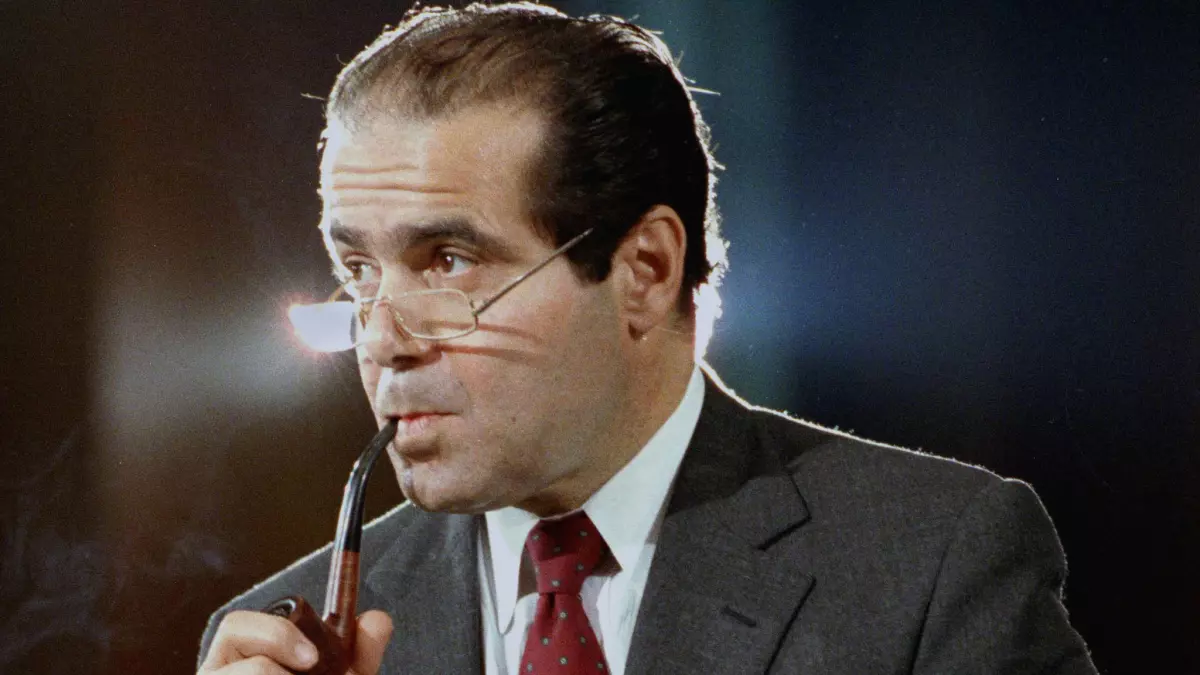
The Path to Civility
Which is more critical for civility in a large society like ours, individuals being kind or individuals never doing harm?
Now that Charlie Kirk has been laid to rest, it’s time to reflect on the broader implications his assassination has for America.
In the first few days after the shooting, Utah Governor Spencer Cox urged calm and exhorted Americans to try harder to be good to each other. President Trump rightfully praised his remarks.
President Trump’s own reaction, however, was very different.
He called Tyler Robinson an animal. One might dismiss this as unthinking emotionalism, but I believe it reveals something deeper. It conveys the idea that there are lines that decent people never cross. Doing so earns one the title of animal because such behavior is what we expect from animals, not people.
The difference between the Governor and the President’s reactions raises a simple but important question: Which is more critical for civility in a large society like ours, individuals being kind or individuals never doing harm? This is no mere academic distinction.
Moral beliefs are generally thought of as collections of value statements, but they are more than that. They also affect the way we think about morality by determining how values relate to one another. Understanding this is important because civility requires more than listing moral dos and don’ts and putting weights on them.
Civility requires that moral beliefs do not permit justifying doing a moral don’t as a means to the end of doing a moral do. This is achieved by treating prohibitions against doing moral don’ts as inviolate moral duties while treating exhortations for doing moral dos as morally laudable but not duties.
This is crucial because it renders greater good rationalizations, such as the one offered by Tyler Robinson, impossible. Such duty-based moral restraint is society’s best defense against horror. Unfortunately, an ethic of duty-based moral restraint does not come naturally.
The problem is that our hardwired traits for producing civility (e.g., experiencing involuntary feelings of guilt actuated by empathizing with harm we cause others) don’t scale up to the context of large social groups.
But almost 250 years ago, Adam Smith explained why we can’t have a flourishing civilization without living and working in large groups.
In my view, the rise of the West is largely the story of us transcending our natural predilection for tribalism. It is no coincidence that our growing social dysfunction and political tribalism are both on the rise. Increasingly, we are focusing less on why our views are right and instead focusing on why the views of “them” are wrong, so they should be hated. But those who should be hated are clearly not those we will feel a moral duty not to harm. As one of “them,” they will be fair game for opportunism.
Because pervasive opportunism destroys trust and thereby weakens societies, societies that evolved rules for interacting with others whom we don’t know personally performed better, but for such rules to work, they must have certain properties.
Some rules – moral dos – require people to do certain things because they normally improve the welfare of others (e.g., be generous to the needy). Such actions normally require resources. The problem is that not everyone will have sufficient resources to comply with any rule worthy of the name.
At the same time, what is required is generally not well-defined. Most actions are matters of degree. Exhorting us to be generous, for example, doesn’t tell us how generous to be. In most cases, therefore, moral dos cannot produce meaningful moral standards for behavior among strangers.
Other rules – moral don’ts – require that people don’t do certain things because they normally reduce the welfare of others (e.g., don’t murder). These require inaction and therefore everyone can be expected to obey them. Just this morning, you did not murder your neighbor. But because not murdering him is an inaction, it did not reduce your ability not to murder the other 8.142 billion people on earth. Immanuel Kant called this the property of universalizability, which he viewed as a necessary condition for having a meaningful standard for moral behavior.
At the same time, not doing something usually is well-defined. With things like murder, theft, and lying, my behavior is either in or out of the sets of those respective actions (I either lied or I didn’t lie). As such, moral don’ts are typically categorical and therefore objective.
Being objective in nature, they provide a meaningful standard for moral behavior because they don’t have different meanings for different people. If I tell you Bob was kind to a needy person, does that actually mean Bob is a kind person? Who knows? But if I tell you that I caught Bob in a lie, then unless you think that I’m a liar, you now know that Bob is a liar.
The path to civility is therefore paved with actions not taken, harm not done, and therefore fear not experienced. It is not about what the vast majority of people do, it is about what the vast majority of people would never even think of doing.
Tyler Robinson wanted to be a good person by doing what he viewed as a morally justified act. Had Tyler Robinson hated Charlie Kirk, but the idea of killing Charlie Kirk never even crossed his mind, Charlie would be alive today.
David C. Rose (@DCRose1776) is CEO of The American Civics Academy, Professor Emeritus of Economics at the University of Missouri-St. Louis, and author of The Moral Foundation of Economic Behavior and Why Culture Matters Most, both from Oxford University Press.
Politics
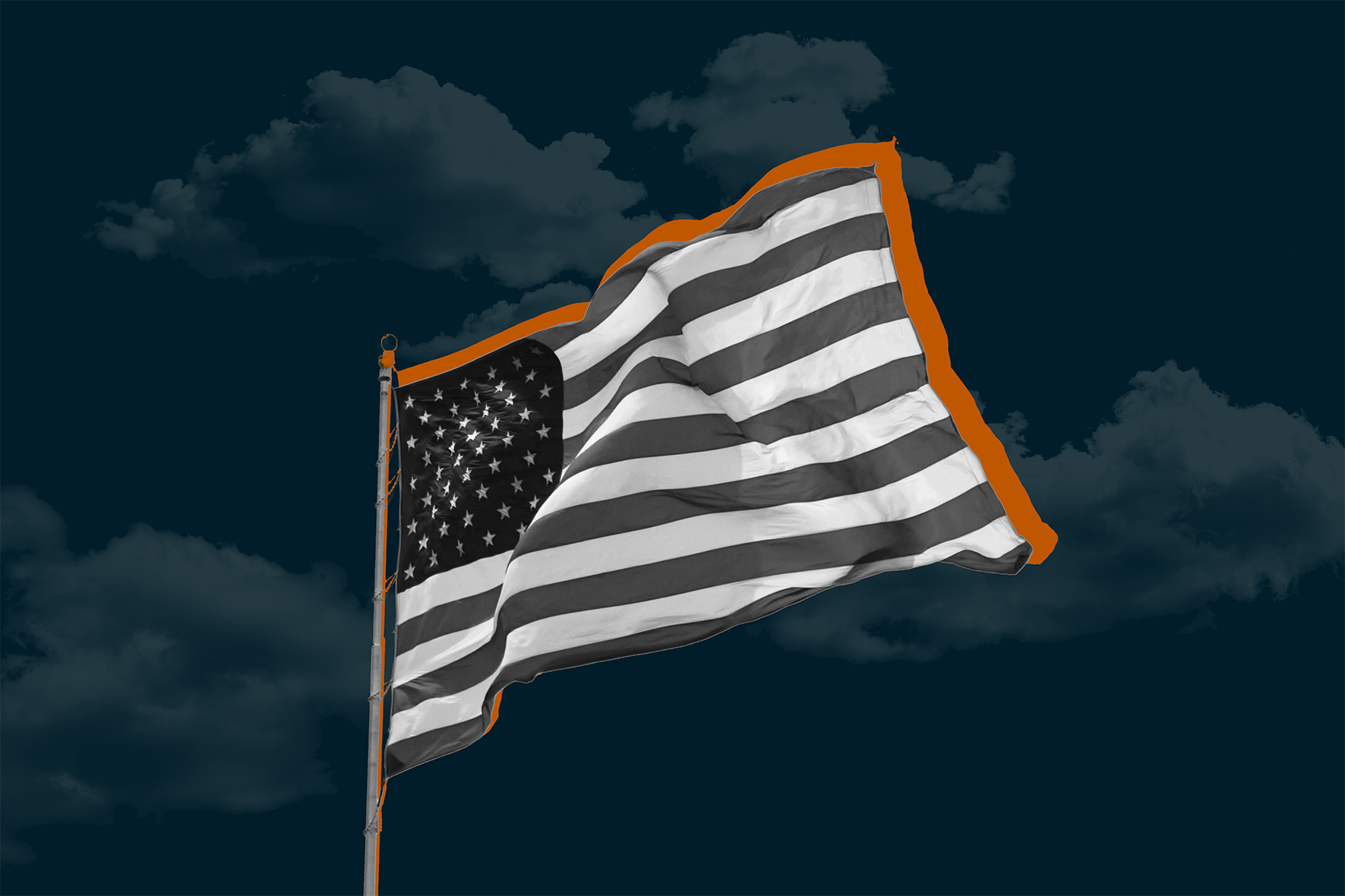
National Civitas Institute Poll: Americans are Anxious and Frustrated, Creating a Challenging Environment for Leaders
The poll reveals a deeply pessimistic American electorate, with a majority convinced the nation is on the wrong track.
.webp)
Liberal Democracy Reexamined: Leo Strauss on Alexis de Tocqueville
This article explores Leo Strauss’s thoughts on Alexis de Tocqueville in his 1954 “Natural Right” course transcript.
%20(1).avif)
Long Distance Migration as a Two-Step Sorting Process: The Resettlement of Californians in Texas
Here we press the question of whether the well-documented stream of migrants relocating from California to Texas has been sufficient to alter the political complexion of the destination state.
%20(3).avif)
Who's That Knocking? A Study of the Strategic Choices Facing Large-Scale Grassroots Canvassing Efforts
Although there is a consensus that personalized forms of campaign outreach are more likely to be effective at either mobilizing or even persuading voters, there remains uncertainty about how campaigns should implement get-out-the-vote (GOTV) programs, especially at a truly expansive scale.

There's a Perception Gap With the U.S. Economy
As we approach another election cycle, it’s worth asking: what’s real, what’s political theater, and what does it all mean if Democrats regain control of the House?

International Law Is Holding Democracies Back
The United States should use this moment to argue for a different approach to the rules of war.

Trump purged America’s Leftist toxins. Now hubris will be his downfall
From ending DEI madness and net zero to securing the border, he’ll leave the US stronger. But his excesses are inciting a Left-wing backlash
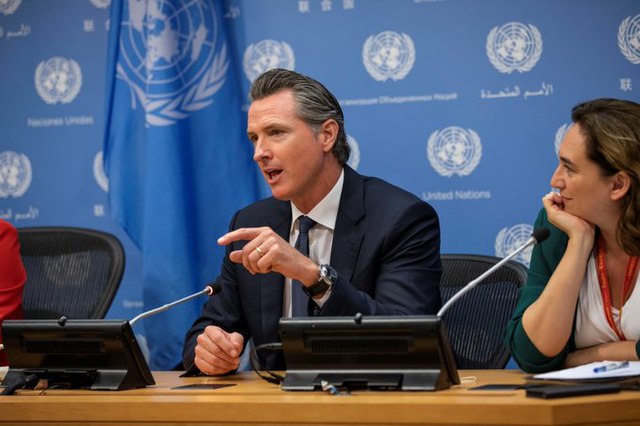
California’s wealth tax tests the limits of progressive politics
Until the country finds a way to convince the average American that extreme wealth does not come at their expense, both the oligarchs and the heavily Democratic professional classes risk experiencing serious tax raids unseen for decades.
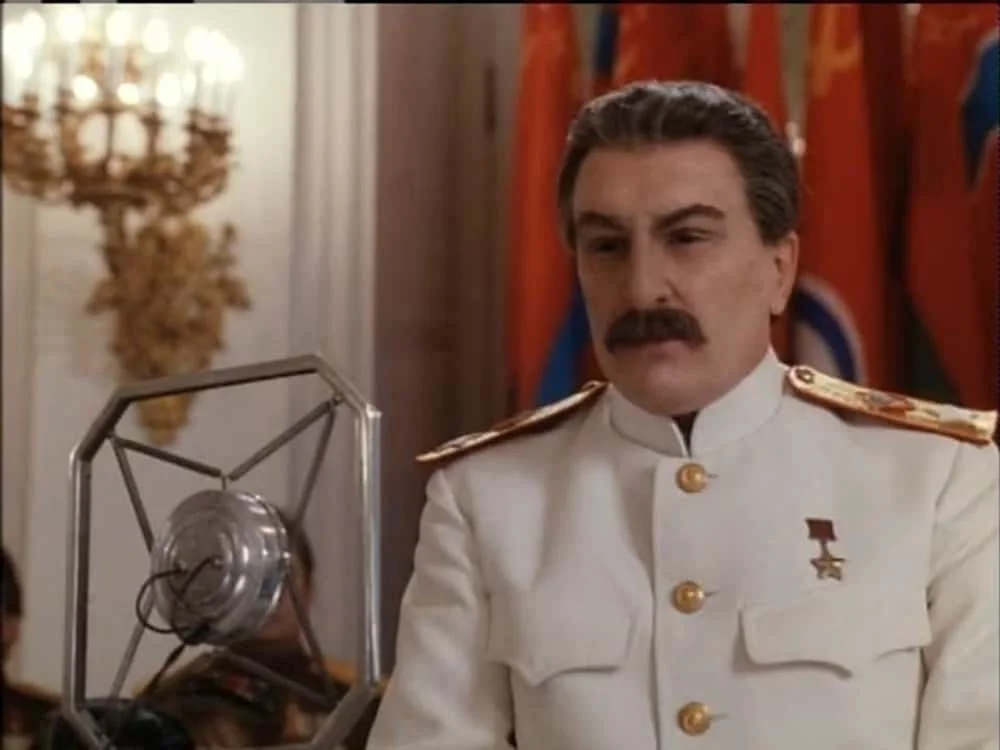
When Duvall Played Stalin
It’s strange to compliment an actor for impersonating a tyrant, but it is an act of courage.

When Vanity Leads to Impropriety
A president should simply not be allowed to name anything after himself without checks from Congress or an independent commission.








